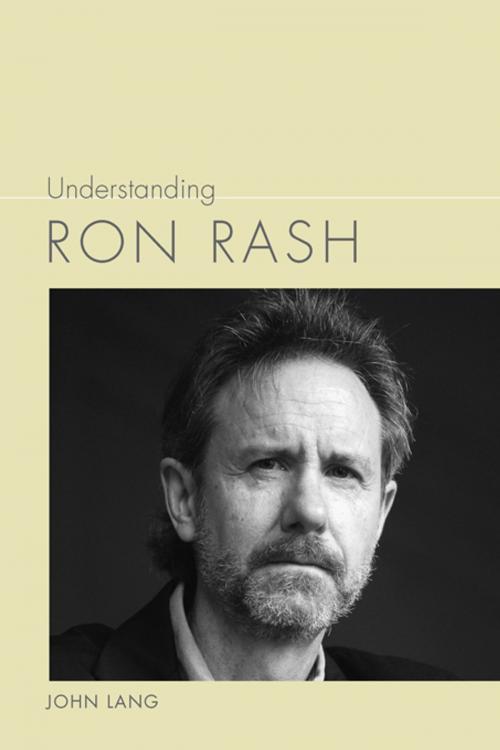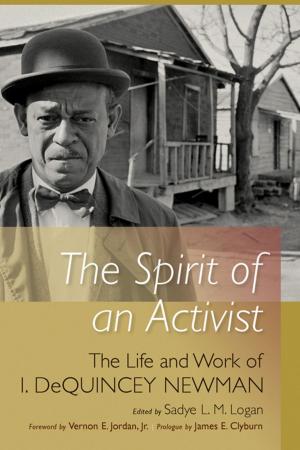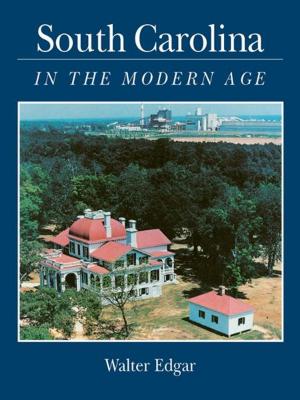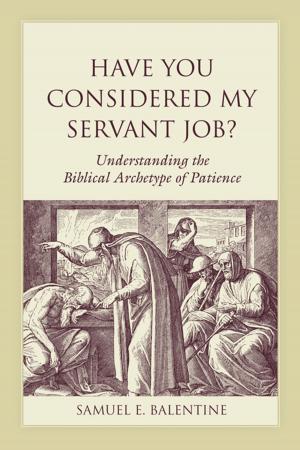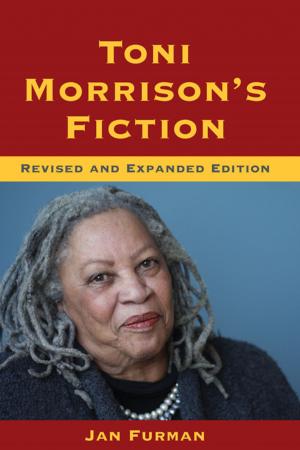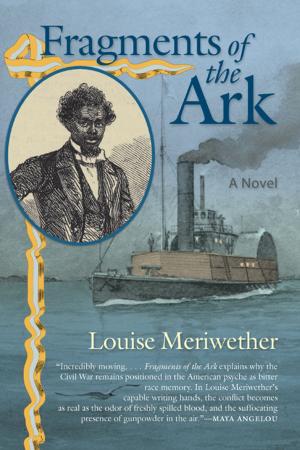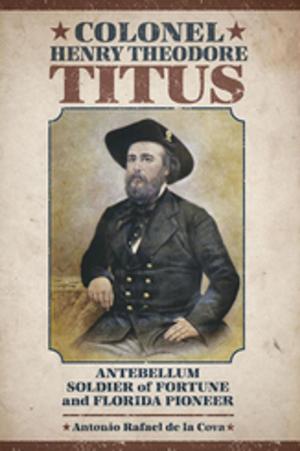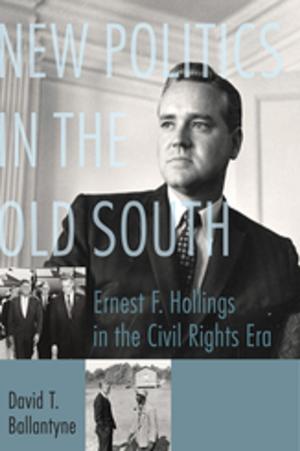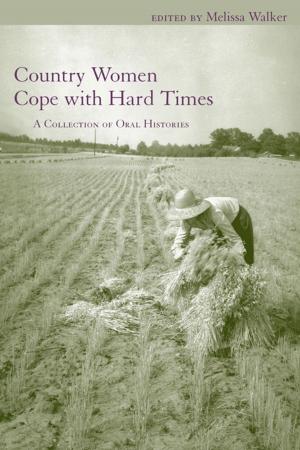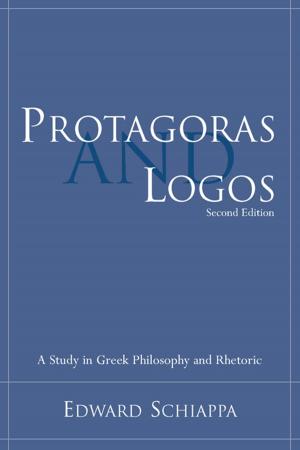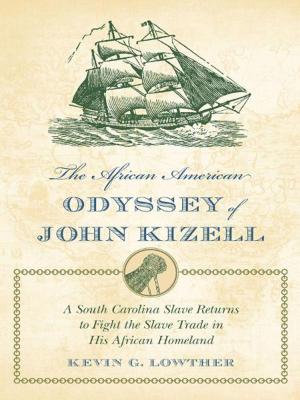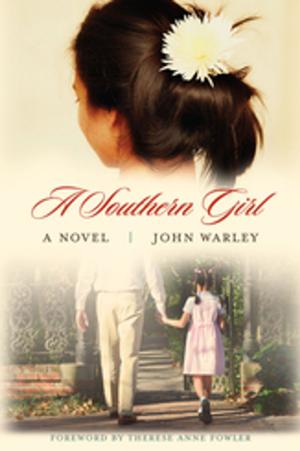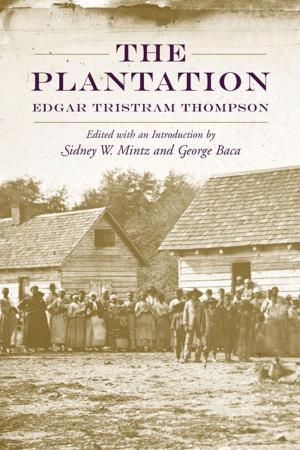| Author: | John Lang, Linda Wagner-Martin | ISBN: | 9781611174120 |
| Publisher: | University of South Carolina Press | Publication: | August 13, 2014 |
| Imprint: | University of South Carolina Press | Language: | English |
| Author: | John Lang, Linda Wagner-Martin |
| ISBN: | 9781611174120 |
| Publisher: | University of South Carolina Press |
| Publication: | August 13, 2014 |
| Imprint: | University of South Carolina Press |
| Language: | English |
In this first book-length analysis of Ron Rash's fiction and poetry, John Lang covers all of Rash’s books published through 2013 and offers key insights about his aims, themes, literary techniques and allusions, and major literary influences. Understanding Ron Rash introduces readers to the major themes and literary techniques in Ron Rash's poetry and fiction in the fourteen books he has published through 2013. After a brief survey of Rash's life and career, five subsequent chapters examine his work by genre, following the chronology of his books' publication. Lang begins with Rash’s first three collections of short fiction, examining their themes and style and interconnections. In an analysis of Rash's four volumes of poetry, Lang emphasizes both their grounding in Appalachia and their universal appeal. Then an examination of his first three novels considers Rash’s historical and ecological and religious concerns as well as his desire to preserve what is rapidly vanishing, including the region's vernacular language. Rash's best-known and most accomplished novel, Serena, with its vivid characters, is examined for its striking use of dramatic techniques, and varied literary allusions. After a study of his most recent novel, The Cove, Lang’s critical study's returns to Rash's recent work in short fiction: his Frank O'Connor Award-winning Burning Bright and Nothing Gold Can Stay, both of which demonstrate his wide-ranging subject matter and characters as well as his incisive portrait of contemporary life in Appalachia and beyond. An extensive bibliography of primary and secondary materials by and about Rash concludes the book, making it especially useful to students and teachers who want to learn more about Rash's work.
In this first book-length analysis of Ron Rash's fiction and poetry, John Lang covers all of Rash’s books published through 2013 and offers key insights about his aims, themes, literary techniques and allusions, and major literary influences. Understanding Ron Rash introduces readers to the major themes and literary techniques in Ron Rash's poetry and fiction in the fourteen books he has published through 2013. After a brief survey of Rash's life and career, five subsequent chapters examine his work by genre, following the chronology of his books' publication. Lang begins with Rash’s first three collections of short fiction, examining their themes and style and interconnections. In an analysis of Rash's four volumes of poetry, Lang emphasizes both their grounding in Appalachia and their universal appeal. Then an examination of his first three novels considers Rash’s historical and ecological and religious concerns as well as his desire to preserve what is rapidly vanishing, including the region's vernacular language. Rash's best-known and most accomplished novel, Serena, with its vivid characters, is examined for its striking use of dramatic techniques, and varied literary allusions. After a study of his most recent novel, The Cove, Lang’s critical study's returns to Rash's recent work in short fiction: his Frank O'Connor Award-winning Burning Bright and Nothing Gold Can Stay, both of which demonstrate his wide-ranging subject matter and characters as well as his incisive portrait of contemporary life in Appalachia and beyond. An extensive bibliography of primary and secondary materials by and about Rash concludes the book, making it especially useful to students and teachers who want to learn more about Rash's work.
